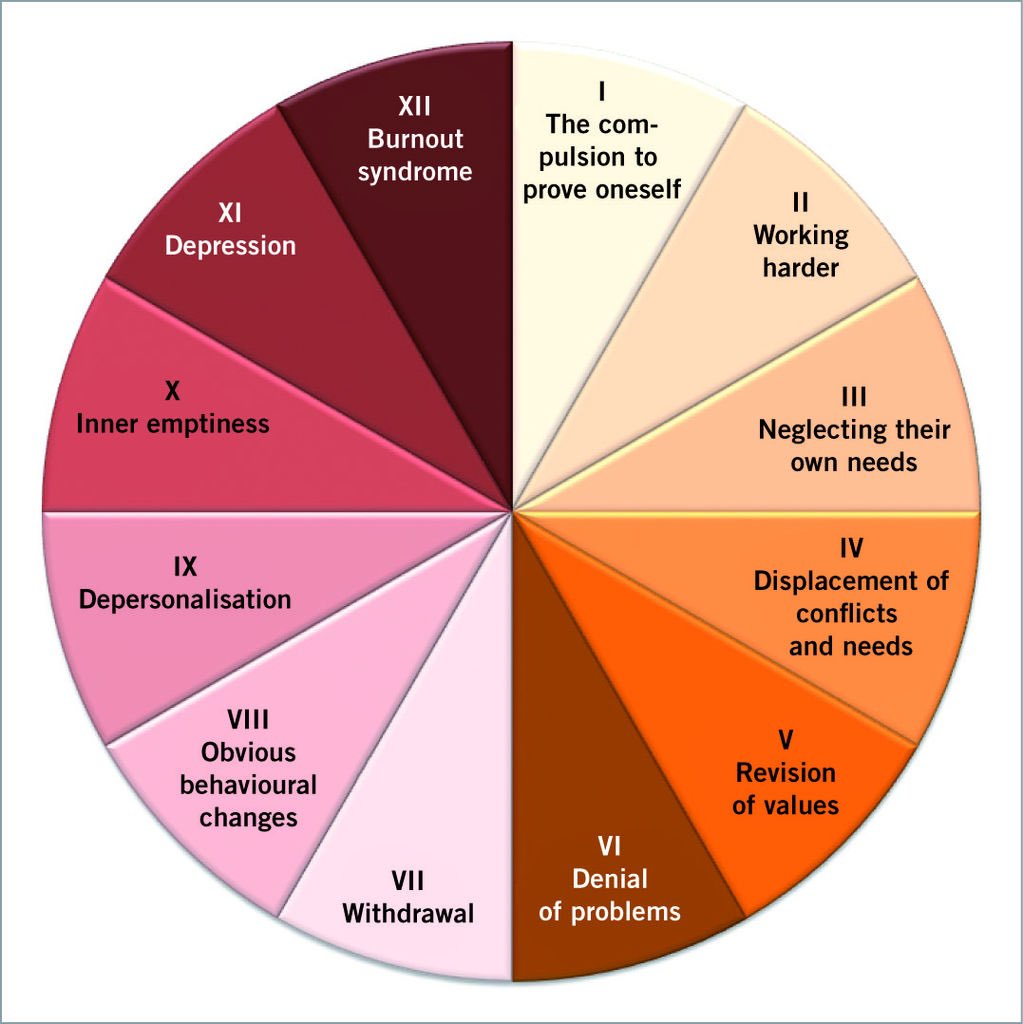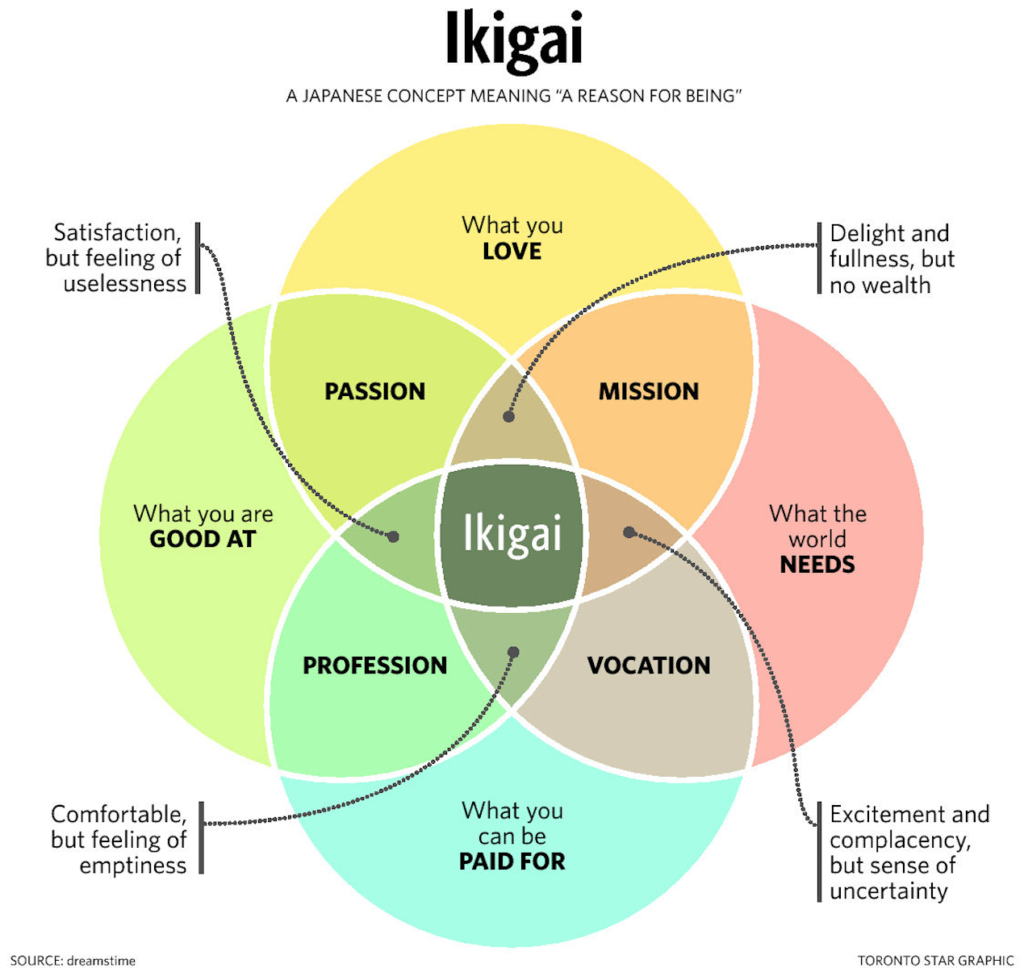Almost anywhere you turn these days you will find a reminder of how scary the world can be. This can be overwhelming for adults, a fact that predated the pandemic and that has certainly been underscored by it. But imagine how much more scary it is for the young people around us.
If you are noticing increased sadness or anxiety as the scary headlines pile up in the young people around you, or yourself for that matter, then have a look at the recent publication from Claire McCarthy, MD, pediatrician at Boston Children’s Hospital and Senior Faculty Editor at Harvard Health Publishing. In her article “Talking to children about tragedies and scary headlines in the news” she offers four simple things all adults can and should do to manage the distress of young people around us and ourselves. These are summarized below, and you can read her full article at https://www.health.harvard.edu/blog/talking-to-children-about-tragedies-in-the-news-2017101012567
1. Tell them what happened, in simple terms. Be honest, but skip the gory details. Answer their questions just as simply and honestly. If you think — or know — that your child has already heard something, ask them what they’ve heard. That way you can correct any misinformation, and know not only what you need to explain but also what you may need to reassure them about.
2. Be mindful of the media that your child sees. The news can be very graphic, and because the media are as much in the business of gaining viewers as of delivering news, they tend to make things as dramatic as possible and play footage over and over again. When the planes flew into the Twin Towers on 9/11, my husband and I were glued to the television, not realizing that one of our daughters, who was 3 years old at the time, thought that planes were literally flying into buildings again and again. It wasn’t until she said, “Are those planes going to come here too?” that we shut off the TV and didn’t turn it back on again until all the children were in bed.
3. Make sure your child knows that you and others are always doing everything you can to keep them safe. Talk about some of the ways you keep them safe, ways that are relevant to the tragedy you are talking about. Make a safety plan as a family for things like extreme weather or getting separated. Help them think about what they might do if they are ever in a scary situation, and who they could turn to for help. Which leads me to the most important thing to do…
4. Look for the helpers. The wonderful Fred Rogers often talked about how when he saw scary things on the news, his mother would tell him to look for the helpers, because there are always people who are helping. That may be the best thing we can do as parents: help our children look for the helpers. In all of the recent tragedies, as in all tragedies, there were so many helpers and heroes. When we concentrate on those people, not only do we give our children hope, but we may empower them to one day be helpers too.


